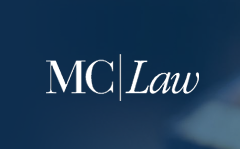Document Type
Article
Publication Date
2012
Abstract
Copyright laws emerged out of necessity when the earliest printing presses were introduced into the book trade. After the Statute of Anne codified an assortment of censorship, licensing, and trade-control rules to produce the world’s first copyright statute in 1710,1 it soon became clear in the United Kingdom and in the United States that all rights in creative works were provided by statute.2 Copyright laws have steadily expanded since the Statute of Anne to protect owners of creative works. In the past decade, attacks on these expansions by left-leaning critics have become visceral and intense. As copyright owners assert absolute property rights over creative works and critics argue that state interests operate to balance and limit statutory rights, perhaps the terms of this debate might be clarified through a determination of whether copyrighted material is property in a legal sense. If copyright is indeed property in a de jure sense, is it the same thing as “literary property”? If so, then copyright law provides copyright owners with the absolute right to own and control literary works in the same way that a natural property right provides real property owners with the perpetual, exclusive, and absolute right to own and control property to the exclusion of all others. The purpose of this Article is to explore the notion of literary property, to determine whether literary property may be equated with copyright, and, if so, to assess what the implications might be for modern copyright law as it adapts to newly emerging technological, social, and cultural trends.
Recommended Citation
Alina Ng, Literary Property and Copyright, 10 Nw. J. Tech. & Intell. Prop. 531 (2012).
